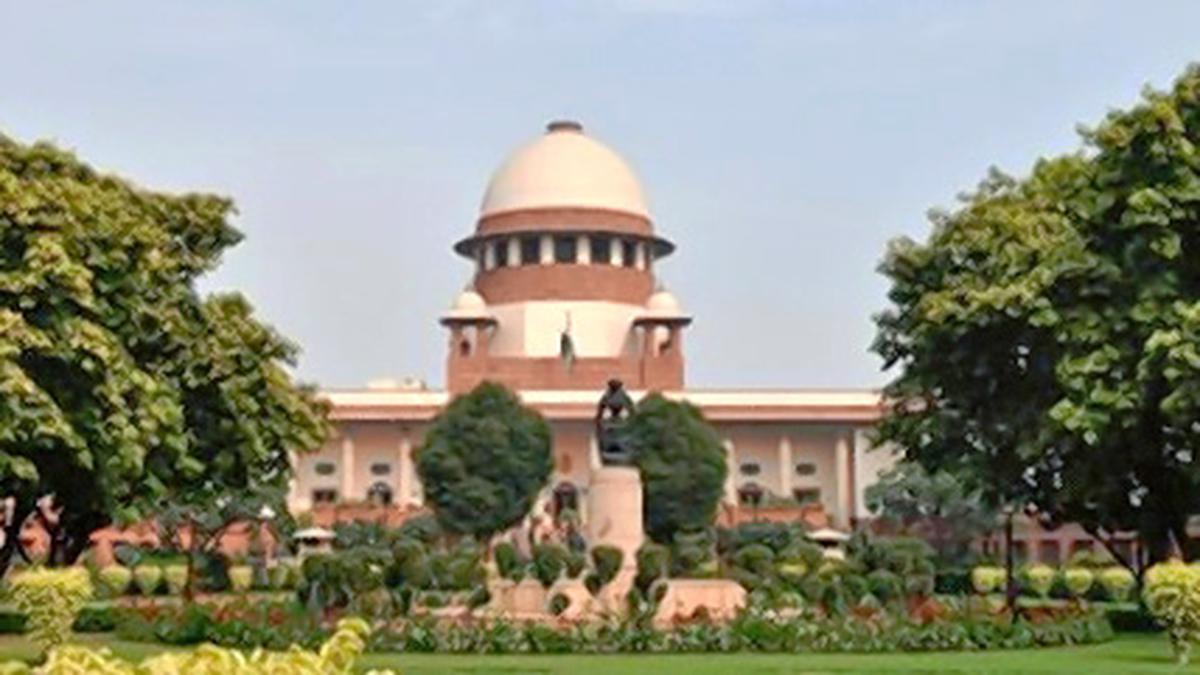Kerala Film Industry Sexual Abuse Case: Supreme Court's Crucial Ruling
The Supreme Court of India recently delivered a landmark judgment in a case concerning sexual abuse allegations in the Kerala film industry. This explosive case, filled with shocking details, involves powerful figures and courageous women who dared to speak out, despite facing immense personal and professional risks. Will justice prevail? Read on to discover the twists and turns of this gripping legal battle!
The Courageous Women and the Justice Hema Committee
Several women in the Kerala film industry came forward with harrowing accounts of sexual abuse, enduring immense pressure to remain silent. These brave women broke their silence, making statements to the Justice Hema Committee, a state-appointed body investigating these allegations. Their testimony led to over 25 FIRs being registered, showcasing the pervasive nature of sexual assault within the industry. The committee acted as a beacon of hope for the victims, offering them a platform to share their experiences, and their participation deserves recognition. Their courage in facing powerful figures deserves to be celebrated. The investigation provides further insight into sexual misconduct in the film industry and is also crucial for protecting victims' privacy while prosecuting perpetrators.
Overcoming Intimidation
The women faced significant intimidation, facing a risk of their careers ending if they spoke out. Their resilience and willingness to put their careers on the line despite the inherent risks highlights the prevalence and impact of sexual harassment in the industry. Their actions will help provide further insights for policies regarding sexual assault and abuse cases.
The Role of the Special Investigation Team (SIT)
The Kerala government subsequently formed a Special Investigation Team (SIT) to look into these allegations further, leading to the registration of over 25 First Information Reports (FIRs). Their investigation reveals the widespread nature of the problem.
The Supreme Court Weighs In
However, the Supreme Court also acknowledged the right of victims who chose not to pursue legal action. The Court ruled that the SIT cannot unilaterally register FIRs against the alleged perpetrators in cases where the victims and witnesses do not want to pursue their statements. The court’s ruling emphasizes balancing the need to investigate and prosecute sexual assault cases while also ensuring due process and respect for the wishes of victims.
Balancing Justice and Privacy
This landmark case presents a complex legal issue of balance. On one hand, there's a need to protect the privacy of the survivors and on the other, the legal process and investigation still needs to be considered. While the Court lauded the women's bravery, it emphasized the importance of legal process and evidence before registering a crime, asserting that FIRs can't be automatically filed without willing witnesses or sufficient evidence.
Scrutiny of the High Court's Directive
The Supreme Court decision followed a petition by film producer Sajimon Parayil. Mr. Parayil challenged the Kerala High Court’s order directing the SIT to file FIRs based on every statement made to the Justice Hema Committee, regardless of the victims' willingness to proceed with legal action. Mr. Parayil argued that registering cases without the victim’s consent constitutes harassment.
The Impact on the Kerala Film Industry
The case has undeniably brought to light issues of systematic sexual harassment within the industry. This ongoing debate demonstrates a critical need for legislative and organizational solutions to support victims, implement proper procedures for reporting these instances, and prevent a culture of intimidation within the workplace. This needs to continue in future trials as well to allow for changes within the industry.
The Need for Systemic Change
This Supreme Court case highlights the need for structural changes to safeguard individuals from exploitation, and to prevent abuse of power.
The Role of Women in Cinema Collective (WCC)
The Women in Cinema Collective (WCC) played a vital role in bringing these allegations to light. The group’s advocacy for greater transparency in reporting these crimes continues to highlight the long-term struggle women face, even following the court’s decision.
Takeaway Points
- The Supreme Court’s decision balances the need to support victims who come forward with the rights of those who choose to remain silent.
- The case highlights the significant challenges women face in speaking out against sexual abuse, especially in powerful industries.
- The decision underscores the necessity for comprehensive policies and procedures to prevent and address sexual harassment in the workplace.
- The courage of the women who came forward is commendable, even as further investigation continues in this challenging case.




